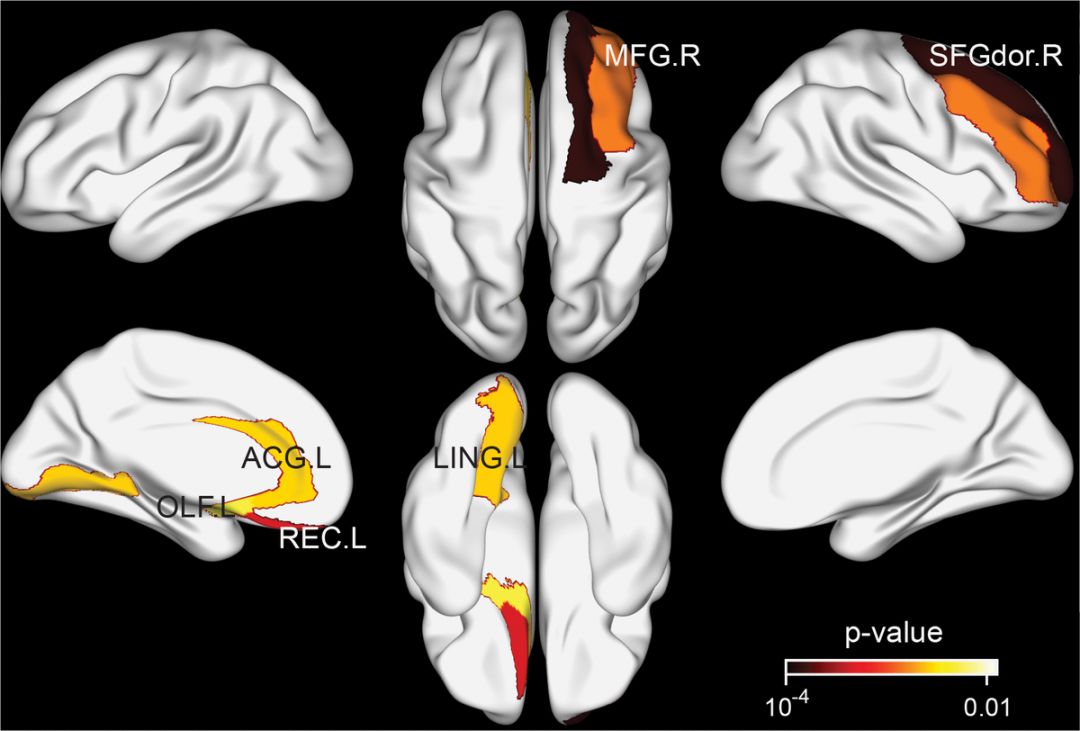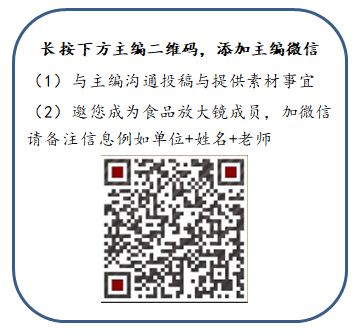【邀請公告:食品放大鏡是一群熱愛食品的老師、同學以及畢業生一起創建的公益性食品交流互助平台,本平台所有的推送內容都是平台成員在科研、學習和工作之余,利用寶貴的休息和空閑時間自願、無償地進行內容編譯、信息整理和追蹤。食品放大鏡誠摯邀請您在百忙之余向食品放大鏡投稿或提供素材,也歡迎您加入食品放大鏡大家庭,成爲食品放大鏡成員,與食品放大鏡共同成長。】
馮磊老師
近期,新加坡國立大學馮磊團隊在對36位老年人的神經影像進行檢查時發現相對不喝茶的人來說,規律性喝茶者大腦區域擁有更好的組織性,而這個與健康的認知功能有關。研究團隊2019年6月將結果發表在學術期刊《 Aging 》上。研究人員第一次發現喝茶對大腦結構具有積極作用,這說明規律性喝茶可以保護隨年齡變大而導致的大腦組織退化。
以前的研究發現喝茶對人體健康有益,包括改善心情、抑制心血管疾病等。2017年馮磊團隊發表在《The Journal of Nutrition, Health & Aging 》期刊上的研究結果發現每天喝茶可以將老年人的認知退化風險降低50%。
基于上述發現,馮磊團隊進一步研究茶對大腦網絡的直接影響。研究人員招募了36位60歲以上的老年人,收集他們的健康狀況、生活方式和心理健康狀況數據。老年人還進行神經心理測試和核磁共振成像(MRI),研究在2015年-2018年之間進行。
喝茶者和不喝茶者大腦六個區域顯著不同
通過分析老年人的認知行爲和腦成像,研究人員發現那些25年間每周至少喝四次綠茶,或烏龍茶,或紅茶的人,他們的腦區能夠更有效地相互連接。
研究人員來路面交通來做比喻,腦區就是目的地,而腦區之間的相互連接就是道路。當道路系統被更好地組織起來時,車輛和行人就能夠更有效地移動,而占用更少的資源。相似地,當腦區之間的連接被更好地精心組織起來時,信息加工過程會更加地有效。
以前的研究認爲相對不喝茶的人,喝茶者的認知能力更好。而目前關于茶對大腦網路的積極結果間接對我們以前的研究結果進行了支持。
因爲認知行爲和大腦的組織性之間關系複雜,需要進一步的研究來對大腦的功能更好地理解和認識,比如腦回路的記憶産生;以及可能的幹預來更好地保護隨著年齡增長的認知功能退化。
馮磊副教授團隊下一步就是研究茶或者茶中的活性物質對認知退化的影響。
參考資料
[1] Li J, Romero-Garcia R, Suckling J, Feng L. Habitual tea drinking modulates brain efficiency: evidence from brain connectivity evaluation. Aging (Albany NY). 2019; 11:3876-3890.https://doi.org/10.18632/aging.102023[2] Feng L, Chong MS, Lim WS, Gao Q, Nyunt MS, Lee TS, Collinson SL, Tsoi T, Kua EH, Ng TP. Tea consumption reduces the incidence of neurocognitive disorders: findings from the Singapore longitudinal aging study. J Nutr Health Aging. 2016; 20:1002–09. https://doi.org/10.1007/s12603-016-0687-0
附:馮磊老師簡介
Dr Feng Lei
MBBS (China), PhD (S’pore)
Principal Investigator & Research Assistant Professor, Department of Psychological Medicine, Yong Loo Lin School of Medicine, National University of Singapore
Profile
Dr Feng Lei received his medical and psychiatric trainings in Shandong, China and obtained his PhD from the National University of Singapore in 2009. He has worked as a lecturer of medical psychology at Weifang Medical University in Shandong province, China from 2000 to 2004, where he also provided counselling and psychotherapy services. He received research training on functional neuroimaging, at the Department of Psychiatry, University of Cambridge in 2013 and conducted visiting research on cognitive aging at the Aging Research Center (ARC), Karolinska Institute (KI) in 2016. Dr Feng is currently a Principal Investigator and Research Assistant Professor at Department of Psychological Medicine, National University of Singapore.
His primary research interest is the epidemiology and prevention of cognitive decline and dementia in late life. He also conducts research on brain magnetic resonance imaging and intranasal oxytocin.
He has been involved in cognitive aging and dementia research for over 15 years. He is currently leading several community-based studies in Singapore: The Diet and Healthy Aging (DaHA) study, the Aging in a Community Environment Study (ACES), the Choral Singing for Dementia Prevention Trial. He is a collaborator of several large Asian cohorts such as the Singapore Longitudinal Aging Study (SLAS), the Singapore Chinese Health Study (SCHS) and the Chinese Longitudinal Healthy Longevity Survey (CLHLS). He is a core team member of the Gerontology Research Program (GRP) and the emerging SG90 and SG70 cohorts.
Actively engaged in research, Dr Feng is a successful investigator with over 90 research publications on ageing, psychiatric, and neuroscience research studies and is a regular peer reviewer for top journals such as the British Medical Journal.
He has won numerous awards like the Alice Lim Memorial Fund Award in 2010, the NUHS Academic Medicine Development Award in 2013, and the NUHS Clinician Scientist Program Award in 2014. He was chosen to receive the NMRC Clinician Scientist Transition Award in 2017.
延伸閱讀:





